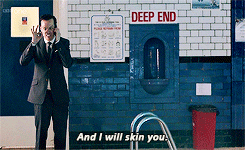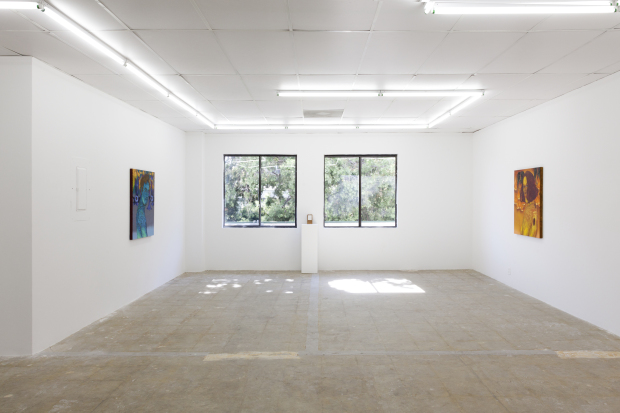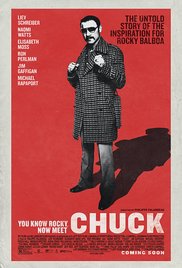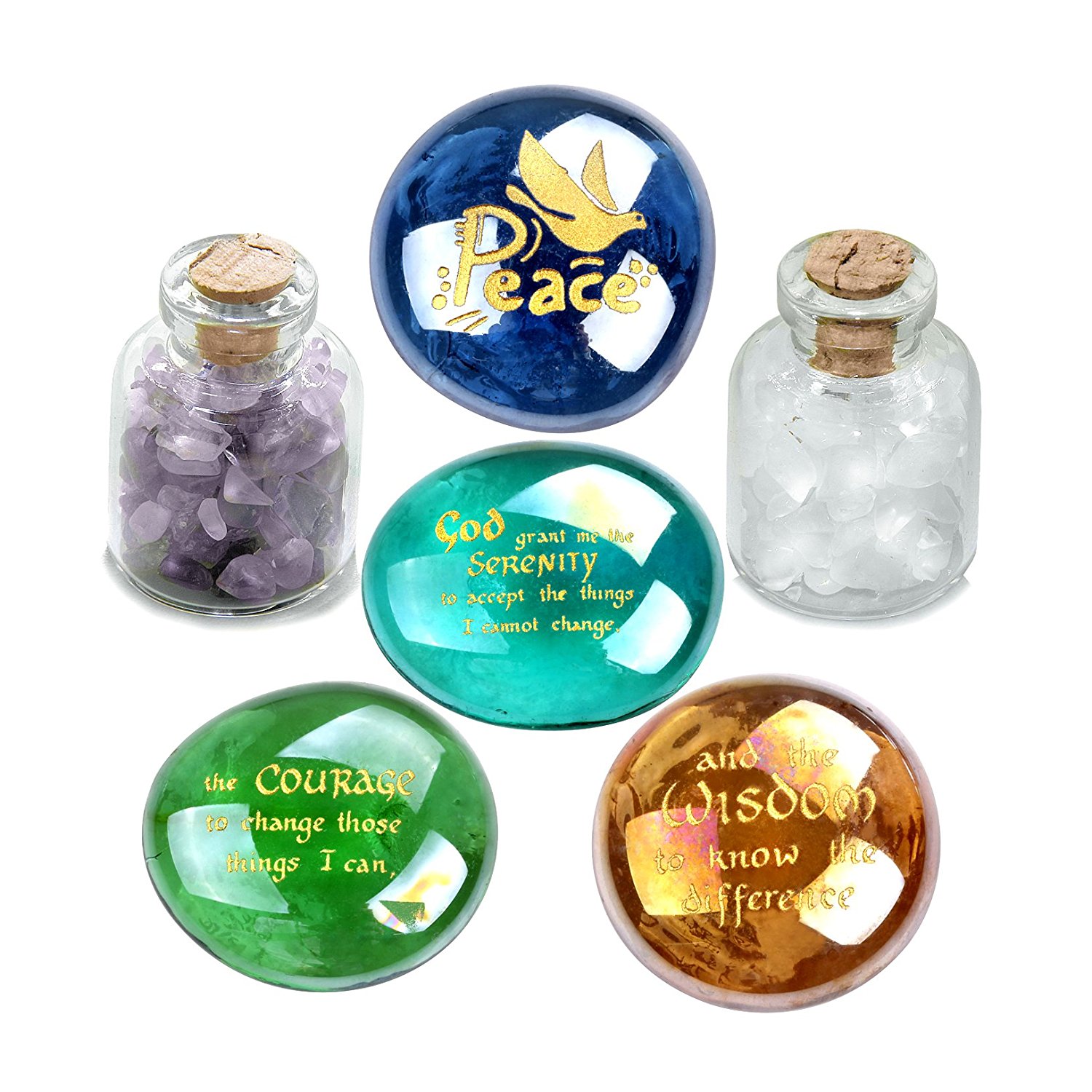Hello beautiful people, today I’ll be sharing my thoughts on Lola Shoneyin’s book “The secret lives of Baba Segi’s wives”.
I read this book last year as it was among my 2016 must read booklist. I read it again this year and I felt it’ll be nice to share how I feel about it.
The cover test: This book failed the cover test woefully!! Like, aunty Lola what is this cover??
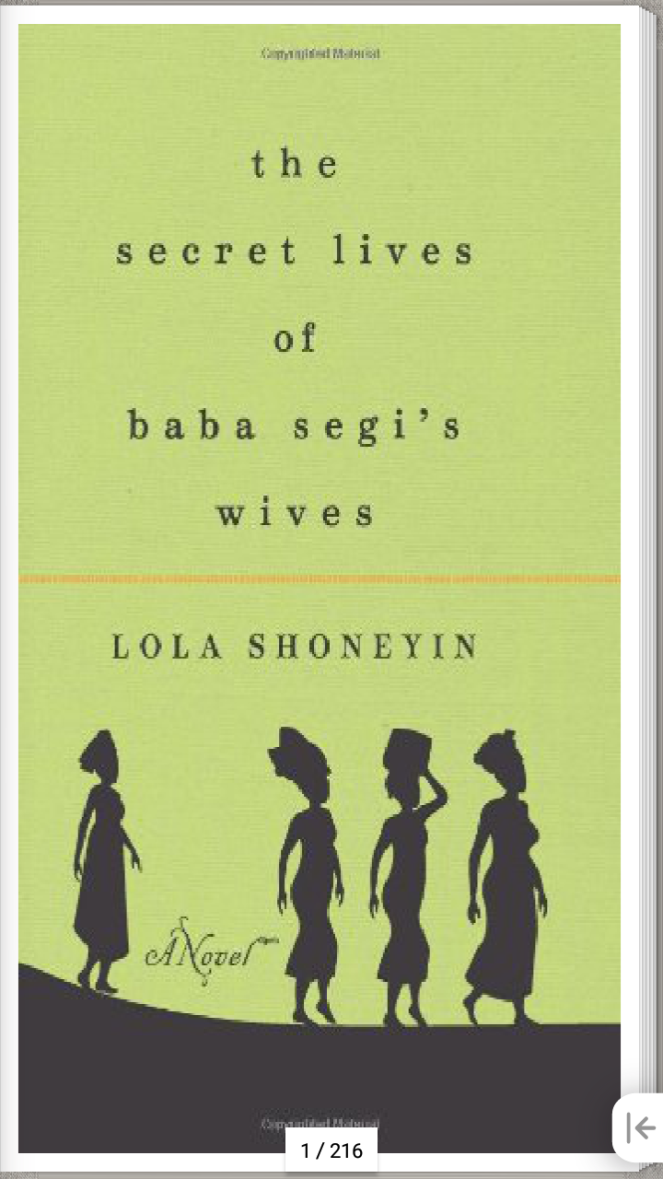
The book is set in Ibadan which is a big plus for me. I LOVE Ibadan people!!! They are commonly seen as witty, sarcastic and boisterous with a sharp tongue. Lola captured this perfectly in her book.
The book tackles a lot of issues faced by the average Nigerian woman. It describes a lot of the insanity that goes on in this country.
Unnecessary competition: I see this as an unfortunate side effect of patriarchy. Competition between women was prevalent throughout the book as Baba Segi’s wives competed fiercely for the crumbs of his affection.
It reminded me of Chimamanda’s statement in her famous TED talk: “We see ourselves as competitors, not for jobs or accomplishments but for the attention of men”.
As in real life, this competition made the women hostile to each other and try to pull one another down.
Demonization of women without children: Seriously, one would think so many years of civilization would have ended this but here we are. Women without children are mocked, persecuted, insulted and abused especially by fellow women. It also addresses the way infertility is often seen as the woman’s fault.
One scenario that was just ridiculous was the armchair situation. You must earn an armchair by giving birth to a child and Bolanle had her chair taken away because she didn’t conceive. Can you imagine?

The absence of a Nigerian woman’s identity: This is not even my main problem, my concern is the joy that is taken in it. The women took pride in being called by their children’s name but the “barren one” was called by her first name derisively.
Now, there’s nothing wrong with this. The thing is, I see it all the time, women are so anxious to get rid of their identity and change it for first their husband’s and then their child’s.
Woe betide you if you call a married Nigerian woman “Aunty Bisola” or “Sister Kate”, you have to call her by either her husband’s name or child’s name.
See, there’s so much to unpack here and I’m not sure today is the right day.
Rape/Sexual assault and Victim Shaming: This is a huge part of our society that a lot of people have chosen to ignore. Thank goodness for social media, we are being forced to have these conversations and people are opening up about it.
Victims of sexual abuse are shamed into silence and this helps the abuser. The victim has to carry the heavy burden around in shame while the abuser walks around feeling like a conqueror getting ready for his next victim.
Religion: Iya Femi was the most “religious” person in the book but the most malicious. Describes so many “religious” Nigerians, religion is twisted to fit their intentions and is seen as a tool to destroy enemies.
The fear of change: The book demonstrates how far people will go to preserve the status quo. People are usually afraid of change, they resent and fear the unknown.
Bolanle was like an unknown factor that came to disrupt their lives. The fear led to resentment and this led to malice. They resented her education and civilized ways and the threat it posed to their lives and they responded with hostility.
Major lesson here: Am I afraid of change? How far will I go to preserve the status quo?
Living with them has taught me the value of education, of enlightenment. I have seen the dark side of illiteracy. So deep-seated is their disdain for my university degree that they smear my books with palm oil and hide them under the kitchen cupboards. I have often found missing pages from my novels in the dustbin, the words scribbled over with charcoal.
There were no standout characters for me. I have no favourite character but the character I found most interesting was Baba Segi, the ignorant patriarch. His behaviour is silly in most scenes, annoying in others but overall, I found his folly hilarious.
He is another unfortunate victim of patriarchy, and one day we will talk about how it affects both men and women.
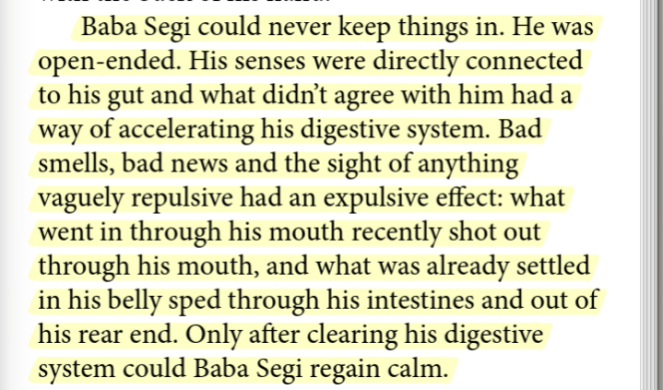
My least favourite character would be Iya Femi, I don’t like spiteful and petty people. Some might excuse her behaviour but there is no excuse for wickedness.
Positives: I love her writing style, the way she eased us into the complexities of the story without making it tedious to read.
I like the way the narration was interchanged between Baba Segi, his wives and the driver. That way, we got to know a bit of their back-story and we got to understand their personalities a bit more.
I like the way she infused certain controversial issues subtly. She addressed certain issues facing Nigerian women that made you think critically at the end.
I love the literal translations of several expressions from Yoruba to English.
This book needs to be adapted into a movie, a Yoruba movie. I can see it in my mind already.
Negatives: I don’t like how the book ended, I wasn’t satisfied. It didn’t really feel like a conclusion. Obviously, their “solution” will not last long before something scatters it.
I feel the main protagonist for example, Bolanle, her character was very underwhelming and forgetable. Her character could have been developed a bit more.
Will I re-read this book? I’ve read it twice already but I don’t think I’ll be reading it again in a long while.
Rating: 4.5 stars out of five.
So tell me, have you read this book? How do you feel about it? How do you feel about the issues raised in the book?
Please Like, comment and share.
Thank you for reading. Until next time


